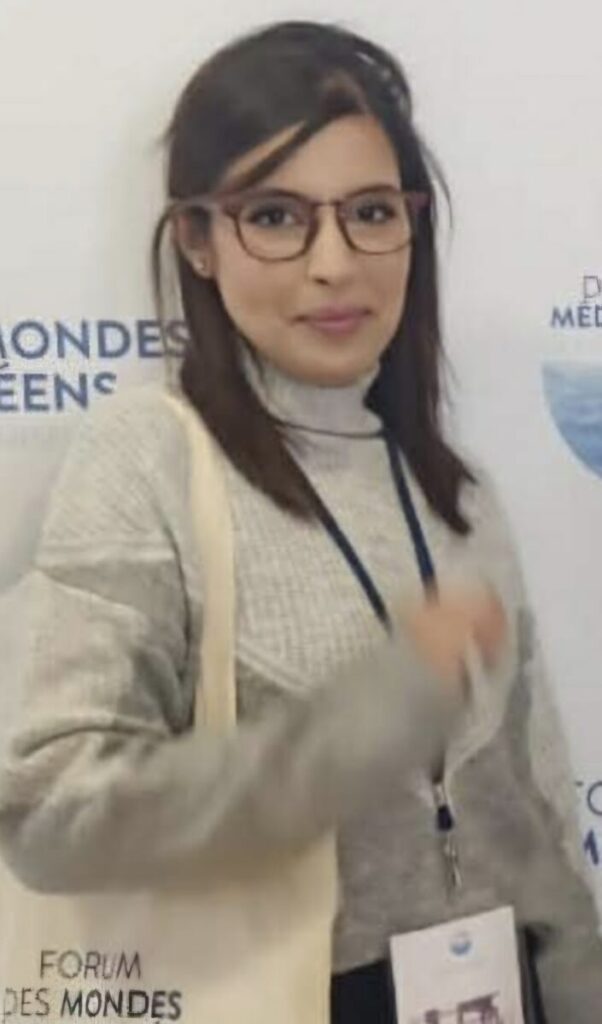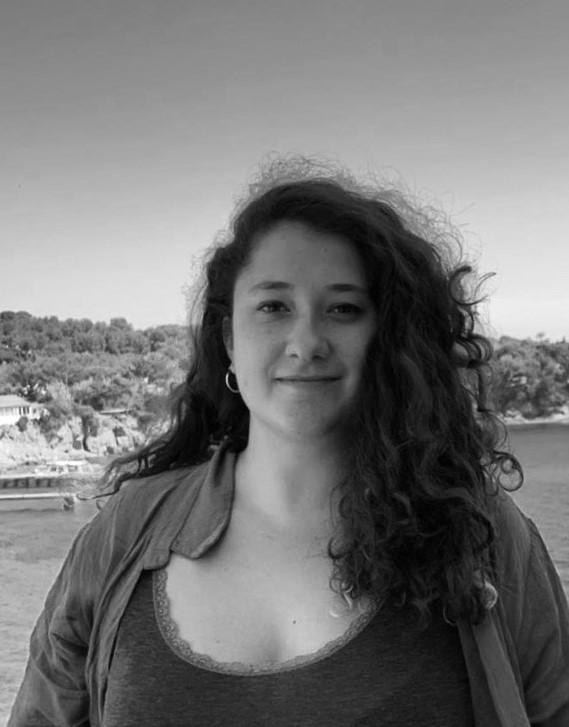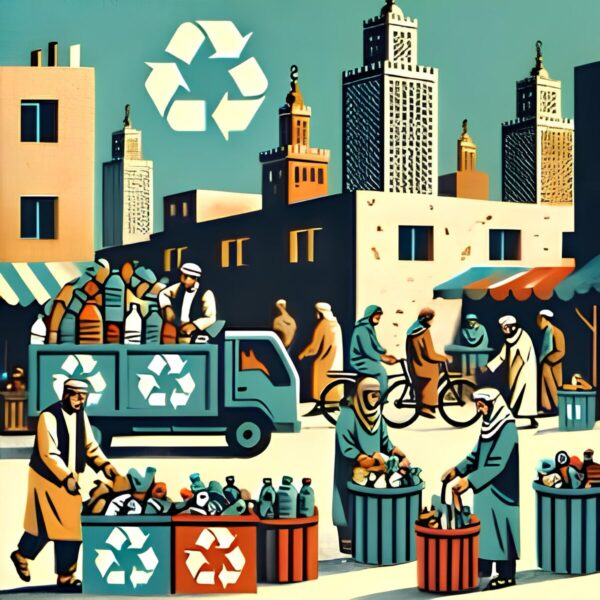Waste management is a major issue for all countries, especially in the Mediterranean basin. Scientist Justine Viros decrypts waste management in Algeria, particularly in Kabylie, with Melissa Kanane, a doctor in Ecosystem Protection.
This theme was addressed during the three forums. It is now being synthesized for younger audiences by Justine Viros.
**Unesco Junior - Waste management is a challenge for all the countries in the Mediterranean basin**
Waste Management in Algeria
Algeria is a country in the Mediterranean basin where more than 44 million people live. Like everywhere else, each individual produces waste, and it is necessary to think about what they become when they are thrown away.
First of all, what are the types of waste thrown away by Algerians:
- The so-called "organic" waste, made up of food scraps, peelings, etc.
- Plastic waste from packaging, broken toys, etc.
- Paper and cardboard waste
- Glass waste
- Other types of complex waste (batteries, old phones, etc.)
In Algeria, all these waste materials are thrown together in the same bin, and the Algerian government organizes their collection to then bury them in places called Technical Landfill Centers, which regularly leads to significant pollution of the soil and water in the surrounding areas.
In some places, scientists, associations, and residents have decided to organize themselves to propose other solutions. They are already suggesting sorting between organic waste and other types. Organic waste accounts for more than half of all waste, and when stored with earthworms or directly in contact with the soil, it gradually transforms into very rich soil that can be used to grow vegetables or trees. This is called composting. Other solutions proposed by residents include
Managing waste properly in Algeria is a challenge, but it is possible by using good methods and working together. This will help create a cleaner and more sustainable future.
Waste from countries around the Mediterranean
Each country bordering the Mediterranean has a different way of managing waste. It depends on political choices, education, and the importance given to the environment. Therefore, it is complicated to have a single type of waste management.
In France, for example, a lot of waste from packaging is observed. Despite the availability of recycling bins for plastic, glass, and paper, not all French regions are champions of sorting. Indeed, the South-PACA region produces a lot of waste and does not recycle enough yet.
In Algeria, on the other hand, the majority of waste is organic, mainly consisting of food scraps. Residents emphasize the lack of infrastructure, awareness, and political encouragement at the national level. Fortunately, there are numerous local initiatives by neighborhood committees and associations enabling better waste management.
In order for people to sort waste, it is necessary to educate the populations, which also involves implementing laws, taxes, and communicating the steps to follow. In France as well as in Algeria, numerous associations are working to raise awareness among residents on these issues, as waste management in the Mediterranean is a significant challenge for the years to come. To succeed, it is necessary to understand the impact of waste and to collaborate at all levels to find sustainable solutions suitable for everyone.
The Impact of Waste on the Environment and Biodiversity
Today, there is a lot of plastic everywhere! It is found on all continents and in all seas. However, our waste has a significant impact on the environment and animals. The Mediterranean countries all share the Mediterranean Sea, but waste knows no borders and affects this fragile ecosystem. The Mediterranean Sea is the most polluted in the world, mainly due to plastic waste coming from land and brought by rivers or the wind. There are visible waste such as cigarette butts, packaging, and very small microplastics, almost invisible. Plastic waste kills over 1.5 billion animals each year, such as fish, turtles, and birds. These animals can get trapped in plastics or ingest them, disrupting their lives and health. On land, waste is also everywhere: on beaches, roads, etc. Burying waste can also pollute soils and nearby water, posing risks to the environment and health.
To fight against all these pollutions, associations and neighborhood committees in Algeria and France raise awareness and propose concrete actions. At the same time, new techniques are emerging, such as phytoremediation, which uses plants to clean up soils. But the primary solution is: to reduce waste, we need to produce less and use fewer plastic packaging! Then, when we produce waste, we need to make it a habit to recycle what can be recycled and compost food scraps. To change habits and motivate action, education plays a crucial role here. This should be done in addition to a real willingness on the part of Mediterranean states by providing the necessary infrastructure and creating new laws on this subject.
Biography

Melissa Kanane: Doctor in ecosystem protection specialized in waste management and part-time lecturer at the University of Tizi-Ouzou in Algeria. Her work is dedicated to the quantification, identification, characterization, and valorization of household and similar waste.

Justine Viros: Scientist specializing in the Mediterranean forest and the chemical interactions between forest and atmosphere in the context of climate change. She currently holds a Research Engineer position within the Interdisciplinarity Mission of Aix-Marseille University where she is in charge of development mission for the association Neede Mediterranean.
